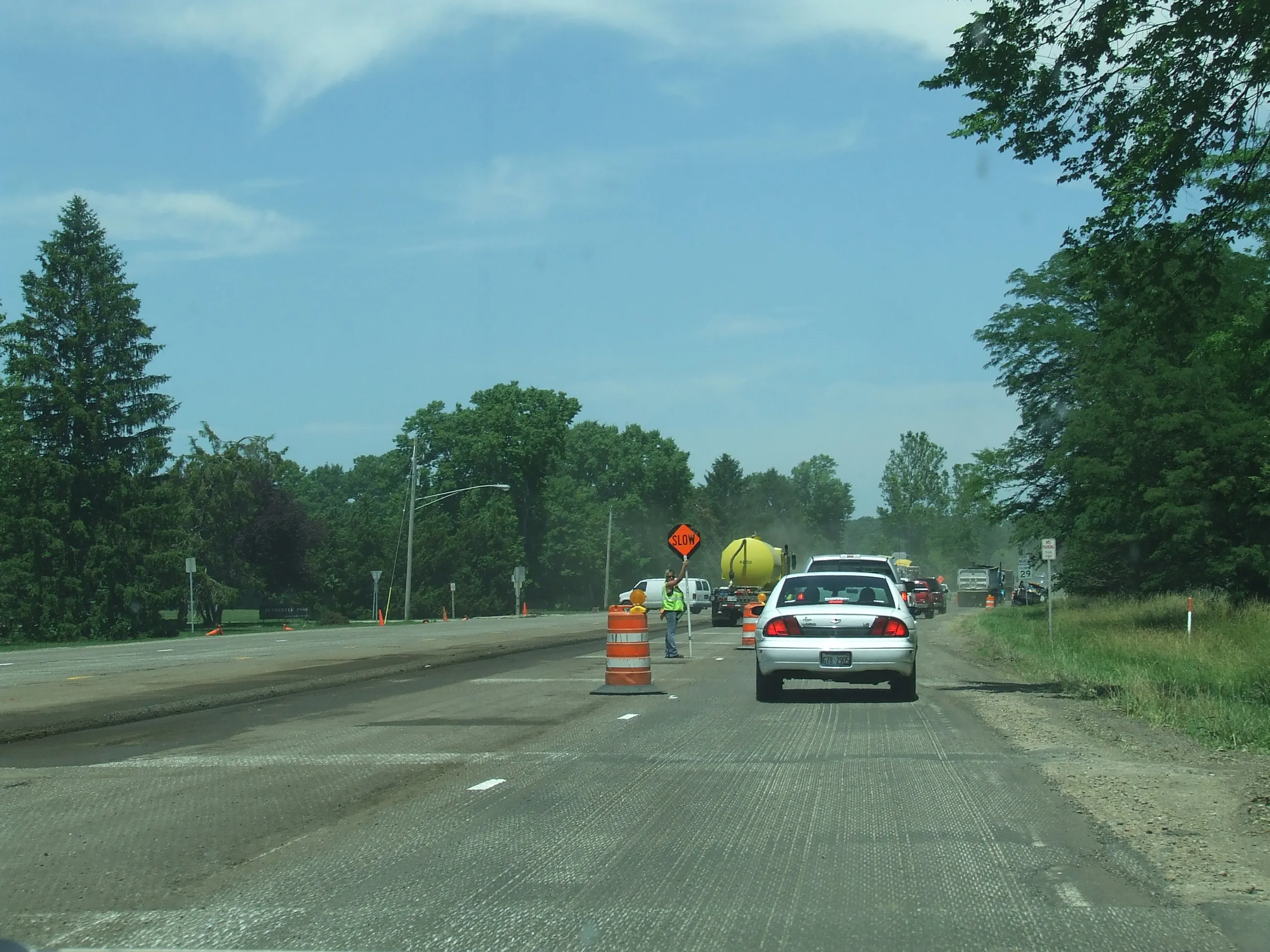
Concern is being expressed in the UK over the safety of low noise, electric vehicles. Children and those with poor sight are particularly at risk from electric vehicles, which are much quieter in operation than conventional vehicles powered by internal combustion engines. Many pedestrians rely on hearing to judge if a vehicle is approaching and there is concern over the increasing proliferation of EVs in urban areas. And this factor has been encouraged in UK capital London for example by the recent introduction of the ultra-low emission zone (ULEZ).
A report produced by the by the Society of Motor Manufacturers & Traders (SMMT) revealed new registrations of electric vans rose nearly 21% in 2018. But there is concern that increasing numbers of electric vans, buses and other EVs will lead to increased deaths unless drivers utilise noise safety technology.
From July 2019, all new EV models will have to emit a noise when travelling at low speed. However this only covers new models registered after September 1 and then new registrations after September 2021.
Manufacturers must not wait until the law forces them to make noiseless hybrid and electric vehicles emit life-saving sound, according to Chris Hanson-Abbott OBE, of road safety device manufacturer Brigade Electronics.
He said: “There is no doubt the adoption of hybrid and electric vans is great news for the environment and UK air quality. But the average person struggles to hear electric and hybrid cars approach at speeds of up to 20km/h.
Research by the charity Guide Dogs for the Blind shows electric cars are about 40% more likely to hit a pedestrian than a petrol or diesel vehicle. And a study carried out in Japan has previously shown that the elderly are at risk from EVs or hybrid vehicles operating in electric mode.
Nick Simmons, CEO of Roadpeace, the national charity for road crash victims in the UK, too has expressed concern over the dangers of quiet vehicles. “Roadpeace was founded on the principle of road danger reduction and as such we are strong advocates of tackling danger at source.”
“The influx of electric and hybrid vehicles presents a new silent hazard on to our roads of which the majority of our members will not be aware therefore being a significant risk to vulnerable road users. Added to this, the fact that the majority of these vehicles are working in urban environments further heightens the risk.”







